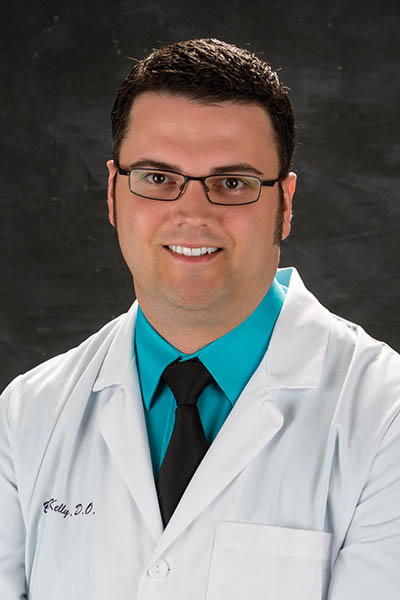The Coffee Conundrum
March 11, 2021
For many people, mornings aren’t complete without a cup of coffee—or two or three. When you have to get up before the sun rises, you may be tempted to have another cup.
“While it might make for a productive start to the day, too much coffee means too much caffeine,” says Dr. Brad Kelly, board-certified family medicine physician at Beaufort Memorial May River Primary Care in Bluffton. “Caffeine is a stimulant, which can increase your heart and breathing rates and cause anxiety, insomnia, irritability, stomachaches and headaches.”
How Much Coffee Is OK?
Experts say up to 400 milligrams of caffeine per day is safe and healthy for adults, but with about 95 to 165 milligrams of caffeine in one 8-ounce cup of coffee, drinking more than two cups might put you over the limit.
“Keep in mind that coffee may not be your only source of caffeine,” Dr. Kelly says. “Tea, sodas, energy drinks and anything with chocolate will also contribute to your caffeine intake.”
If you feel jittery or anxious or have trouble sleeping, it might be time to cut down on your daily joe.
Read More: 9 Symptoms You Should Never Ignore
Who Should Stay Away From Coffee?
Dr. Kelly also says that some people should limit — or totally eliminate — consumption:
- Children. Although studies show that most American children ages 5 and older consume caffeine daily, having caffeinated beverages at a young age has been linked to anxiety disorders in adulthood. Coffee isn’t recommended for children, but if they are drinking it, Dr. Kelly says it should be mostly milk.
- Teens. For teens looking for the caffeine boost to aid in late-night studying, Dr. Kelly recommends alternatives. “If they need to stay up later, have them take a half-hour nap, then continue,” he says. “Or eat something nutritious, like a piece of fruit or some protein.”
- Pregnant women. When pregnant or nursing, women should also limit their caffeine intake to less than 200 milligrams per day, as a higher intake increases the risk of miscarriage and premature birth. “And if you drink caffeine while breastfeeding, the caffeine transmitted through breast milk may make your baby extra fussy or sleep less,” said Kelly.
Are There Health Benefits?
Despite these concerns, coffee can offer some nutritional benefits. Kelly points out that the beverage contains potassium, magnesium and niacin, all of which improve body function.
“Drinking coffee daily might also lower a person’s risk of heart disease and Type 2 diabetes, aid in weight loss, and fight neurological defects and some types of cancer,” he says.
But he cautions that these perks apply only to coffee that’s served black or with some milk and consumed in moderation. Extras — such as whipped cream, sweeteners and syrups — quickly add calories, fat and sugar to your morning beverage.
Read More: What's Up With Added Sugar?
How Can You Cut Down on Caffeine?
While it may seem that the answer is as simple as consuming less, it may be a bit more complicated, as many people suffer from caffeine withdrawal at first.
“Common symptoms of caffeine withdrawal include headache, fatigue, low energy, irritability, anxiety, poor concentration and a depressed mood,” Dr. Kelly says. “To avoid experiencing withdrawal symptoms, cut down your consumption gradually.”
Here are a few ways to do that:
- Water down coffee and drinks that contain caffeine.
- Try changing from coffee to tea, which has lower caffeine levels. Green tea is particularly healthy.
- Switch to decaf coffee, or if you “need” a second cup, drink decaf instead. Just remember, decaf is not completely caffeine free, so don’t take it as a free pass to drink all the coffee you want.
- Instead of a large cup of coffee, make it a small.
- If you’ve been drinking multiple cups of coffee during the day, try alternating one cup of coffee with one cup of herbal tea or decaf — or even better, juice or water).
Having trouble making it through the day without caffeine?
Fatigue can be a sign of many medical conditions. Find a Beaufort Memorial primary care provider who can help you pinpoint and treat the cause of your fatigue.

